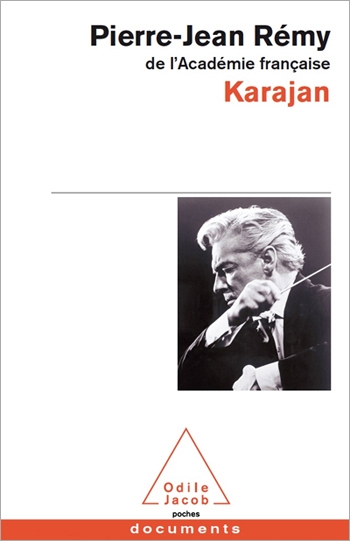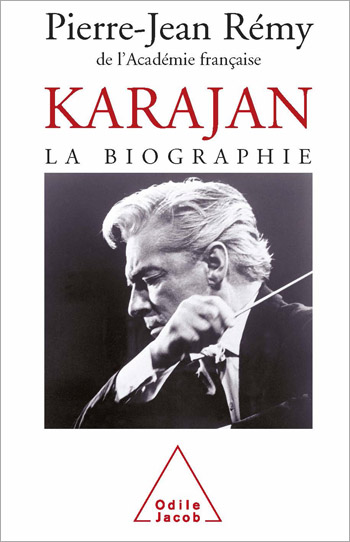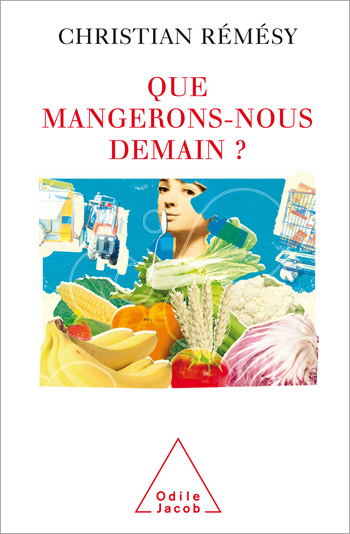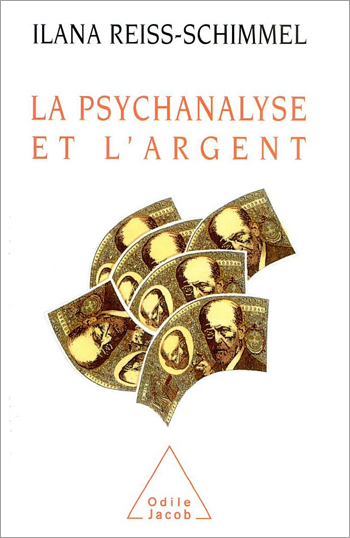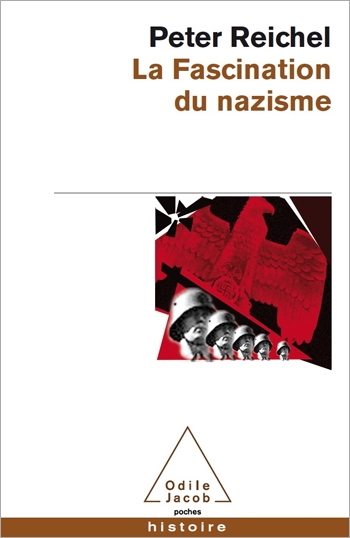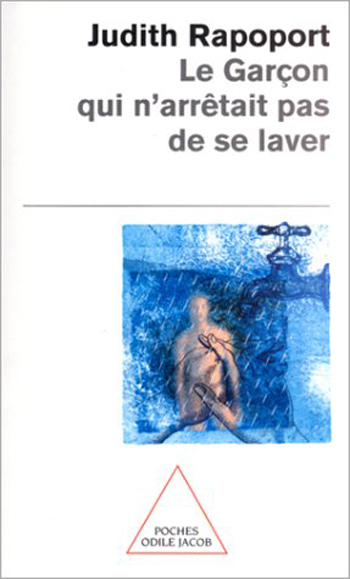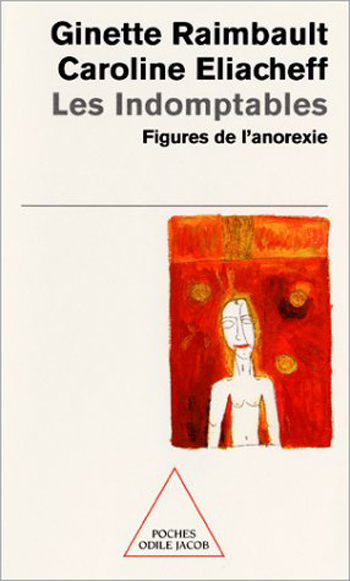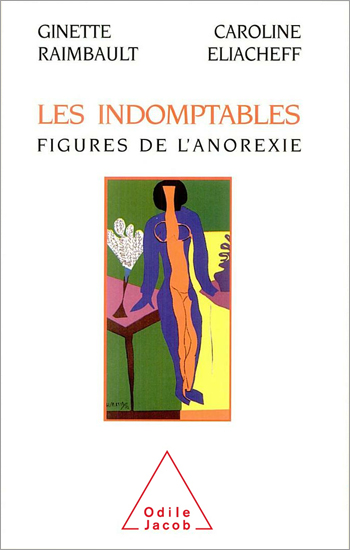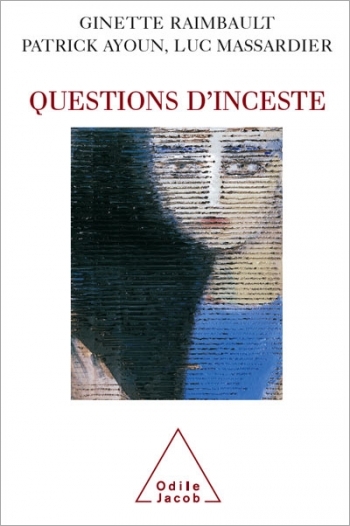Catalog All books
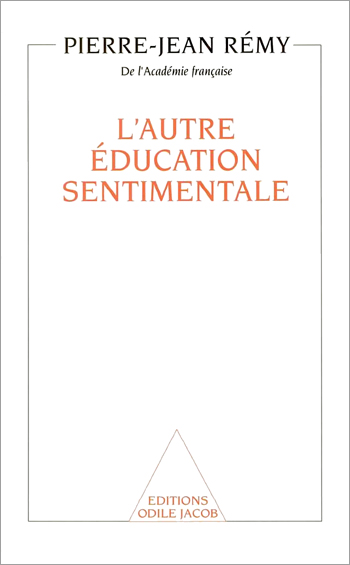
Pierre-Jean Rémy
The Other Sentimental Education
A life recounted through various forms: masterworks and music pieces, pictures and images, the pens of writers, the voices of friends, the steady rhythm of the seasons, an everlasting love. A heart-warming novel by P.-J. Rémy, diplomat and member of the French Academy.
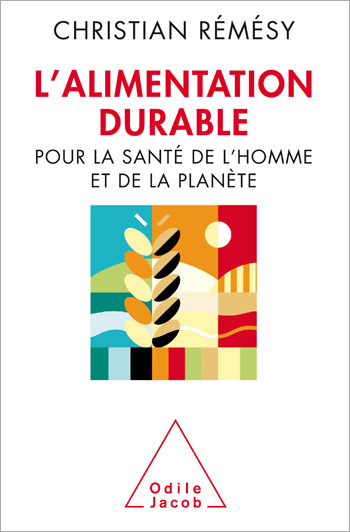
Christian Rémésy
Sustainable Food
The author explains how to establish eating habits that are truly preventive.
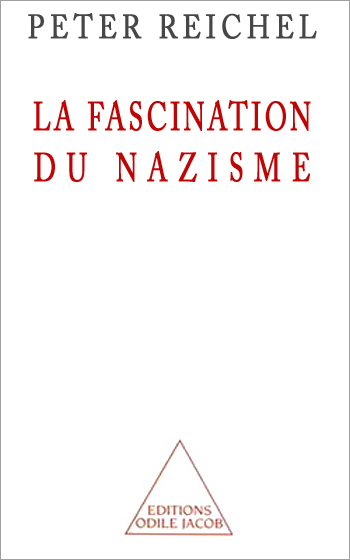
Peter Reichel
The Fascination of Nazism
All authoritative regimes look to dominate and effectively use art, culture, and the media. Each tool of popular influence is merged together to create and enforce a mythology. But no regime ever went as far as Nazism, no doubt because the Nazis were the first to understand mass culture. Peter Reichel unveils the unrivaled skill with which they knew how to create a world of illusions that allowed them to drag the Germans to disaster. Peter Reichel is a professor at the Institute of Political Science in Hamburg.
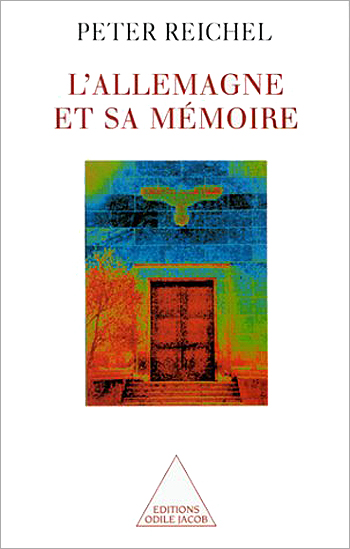
Peter Reichel
Germany and its Memories
How has Germany absorbed the heritage of National Socialism? What became of the Nazi buildings in Munich and Berlin? Have they been destroyed, rebuilt or abandoned? What is the significance of the present state of the concentration camps of Buchenwald, Dachau, and Ravensbrück? Does their condition signify an active desire to commemorate the past, or rather of a wish to make it commonplace? Peter Reichel draws on examples from one city after another, and sometimes in one neighbourhood after another, to highlight the hesitations and the contradictions of a nation confronted with a past that will not, or should not, go away.
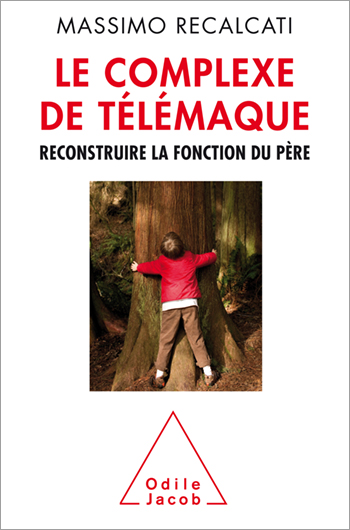
Massimo Recalcati
The Telemachus complex Fathers’ New Identity: Reconstructing a Paternal Image
A clear-sighted, indispensable work to understand the changing role of fathers in today’s society
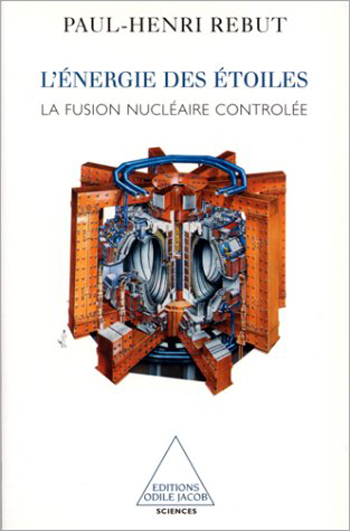
Paul-Henri Rebut
Energy of the Stars Controlled Nuclear Fusion
Nuclear fusion can be likened to God or the devil. Out there among the stars, it is godlike, creating atoms and giving birth to life. But down below, on earth, nuclear fusion is the devil: it has been used to make bombs that can annihilate everything, including all forms of life. Now that the devil of thermonuclear destruction seems to have been locked back in its box, nuclear fusion kept under tight control in civil reactors offers the hope for long-term economic development. Isnt it the only inexhaustible, non-polluting form of energy that offers no limits except that of human technical knowledge? Paul-Henri Rebut is a member of the Academy of Science.
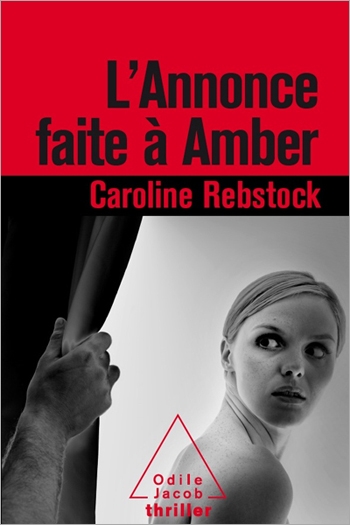
Caroline Rebstock
Amber Is Informed
Amber Materson, a young woman in her thirties, learns from a journalist that she is endowed with unique scientific properties: her blood contains stem cells still at the embryonic stage...
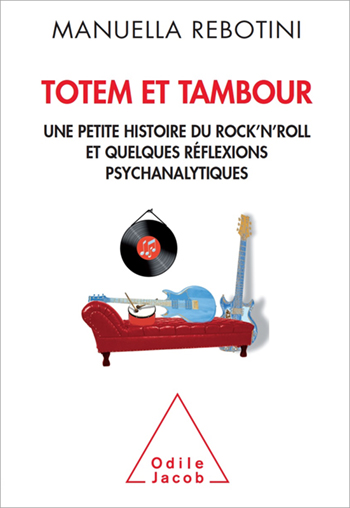
Manuella Rebotini
Totemic Drums A Short History of Rock Music and Some Psychoanalytic Considerations
Contemporary American popular history, revisited by rock music and psychoanalysis
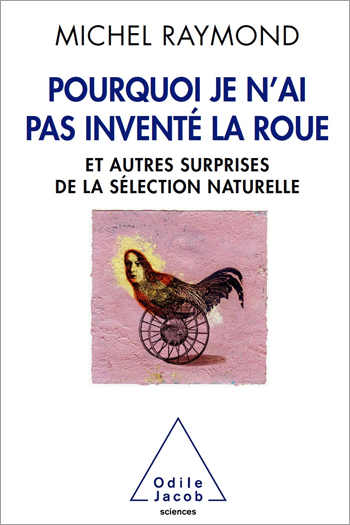
Michel Raymond
Why I Didn’t Invent the Wheel
Between nature and culture, a fascinating, widely accessible book about human evolution
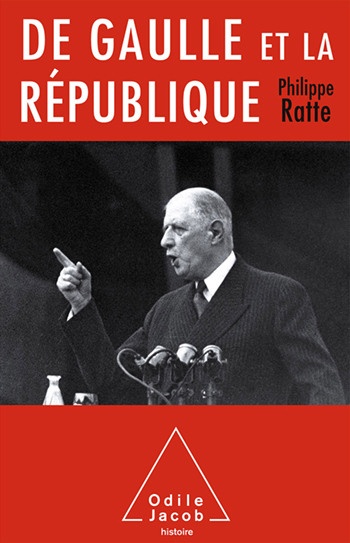
Philippe Ratte
De Gaulle and the Republic
A decisive speech for the history of France. A history lesson from an exceptional moment of founding and reform. An analysis of the founding of the Fifth Republic. A close look at what Gaullism was.
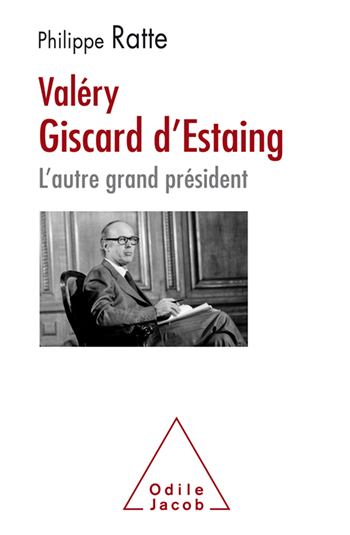
Philippe Ratte
Valéry Giscard d’Estaing The Other Great President
An original biography that convincingly and in a remarkably well-informed way develops arguments that support its position.
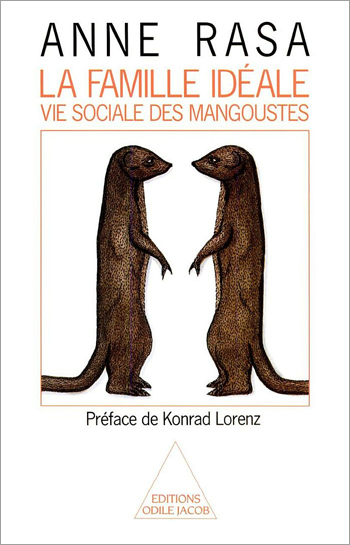
Anna Rasa
The Ideal Family The Social Life of Mongeese
Queen mother, the political leader, the prince consort, the military leader and guardian of the moral standards of their offspring, in turn warriors, baby-sitters, peacekeepers and brave troopers- such is the composition of the ideal mongoose family, those intelligent and appealing predators. A masterpiece of observation, analysis and description, by an ethnologist trained by Konrad Lorenz.
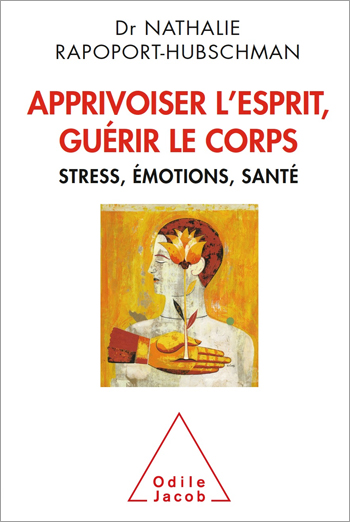
Nathalie Rapoport-Hubschman
Tame the Mind, Heal the Body Stress Emotions and Health
How taming your mind will help you reduce stress, manage your emotions and prevent modern diseases
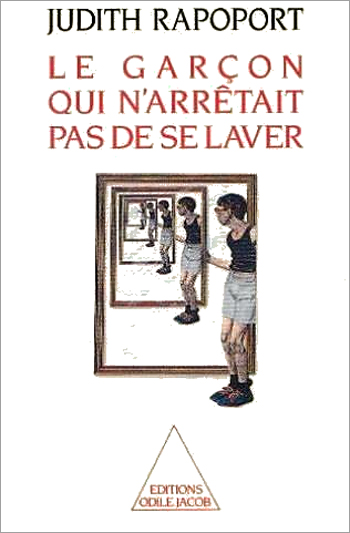
Judith Rapoport
The Boy Who Couldn't Stop Washing The Experience and Treatment of Obsessive Compulsive Disorder
At the age of fourteen, Charles spent three hours a day in the shower and it took him two hours to get dressed. He suffered from obsessive-compulsive disorder, a strange and secretive illness that affects the lives of hundreds of thousand of people. For the first time, they speak out, accompanied by their doctors, and invite us to reflect on this mysterious illness which we are just only beginning to be able to treat. Psychiatrist Judith Rapoport directs the children's psychiatric services program at the National Institute of Mental Health in Bethesda, Maryland (United States).
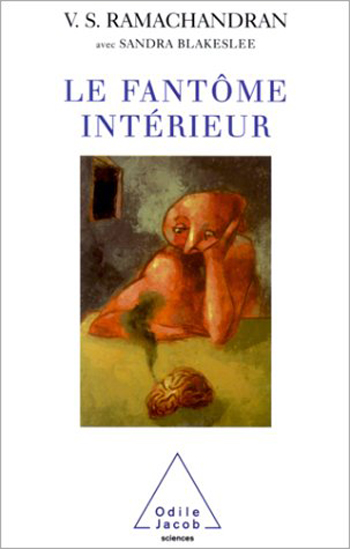
Vilayanur S. Ramachandran, Sandra Blakeslee
Phantoms in the Brain Human Nature and the Architecture of the Mind
How do we make decisions? Why do we deceive ourselves? Why do we dream? Why may we believe in God? Why do we laugh or become depressed? Few scientists have dared address these questions that inform our daily lives with so much acumen and audacity. V.S. Ramachandran is a brilliant Sherlock Holmes of neuroscience. He reveals the strangest case studies he has encountered of patients suffering from serious neurological disorders and the insights they yield about human nature and the workings of the mind. V.S. Ramachandran is professor and director of the Center for Brain and Cognition, at the University of California.
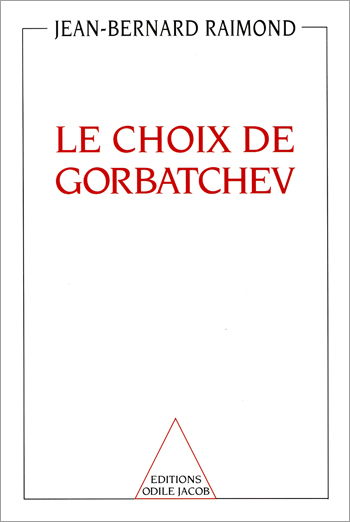
Jean-Bernard Raimond
The Choice of Gorbachev
Who is Michel Gorbachev really? Is he communism's gravedigger or simply an apparatchik worried about postponing his disappearance from the political scene? Or is he one of history's free and tragic heroes, who found himself transported in spite of himself by the collapse of the world that had made him powerful? Jean Bernard Raimond is the former Minister of Foreign Affairs and served as the Ambassador to France in Moscow.
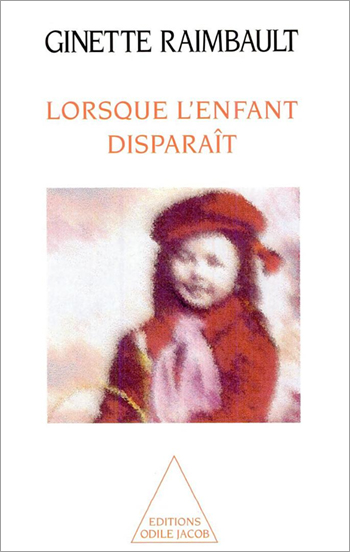
Ginette Raimbault
When a child disappears
When a child disappears, the parents of that child have to first of all relearn how to live their lives. How can they face up to this task ? What routes, both conscious and subconscious do they take in order to do this ? Ginette Raimbault explores the mental processes of these devastated parents using the spontaneous testimonies of those who have relied on writing to get them through their bereavement such as Victor Hugo who mourns Léopoldine, and Isadora Duncan and Geneviève Jurgensen who both lost two children at once. Through the anguish of these famous examples, this book movingly asks the universally relevant question : what does a child mean for the parent ?
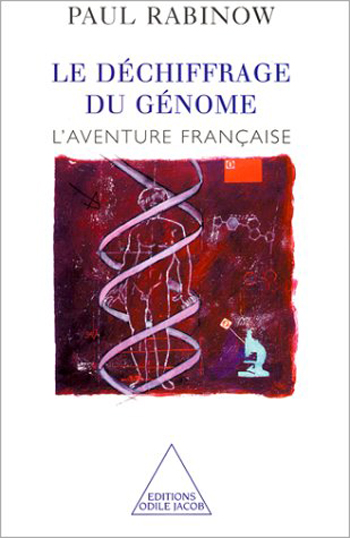
Paul Rabinow
French DNA: Trouble in Purgatory
This book offers some surprising viewpoints: an anthropologist tells the story of the human genome sequencing project; a scholar of the humanities follows the crisis between a French laboratory, the Centre dÉtude du Polymorphisme Humain (CEPH), and a U.S. rival; an American intellectual describes the politics within the French scientific community. This exceptional survey of the most recent research trends and of the state of international competition in the field of genetic research gives us a notion of how our future health care is being prepared. Paul Rabinow teaches anthropology at the University of California at Berkeley.
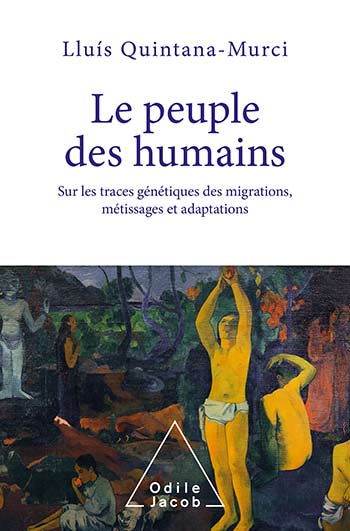
Lluis Quintana-Murci
The Human People On the genetic traces of migrations, crossbreeding and adaptations
A fascinating overview of what we have learned from genomics, after two decades of amazing progress: an unprecedented leap forward in our knowledge of human diversity and its history.
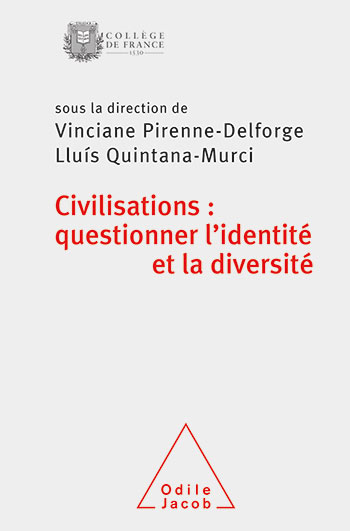
Vinciane Pirenne-Delforge, Lluis Quintana-Murci
Civilizations: Questioning Identity and Diversity: Autumn Colloquium of the Collège de France
The noun “civilization” entered Western European vocabulary in the Eighteenth Century, and at that time denoted a stage of material, social, and cultural evolution...
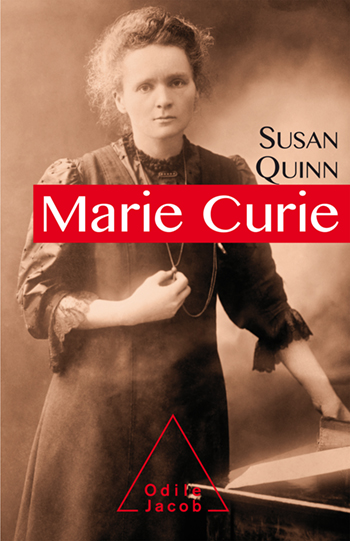
Susan Quinn
Marie Curie New édition
Going beyond the legend, this biography, entirely based on documents in the archives, brings alive the picture of a captivating woman, whose life reads like a novel. Susan Quinn is a biographist and journalist.

